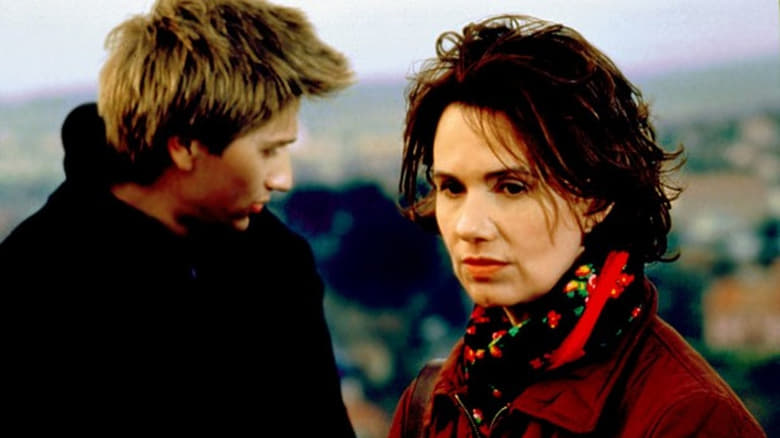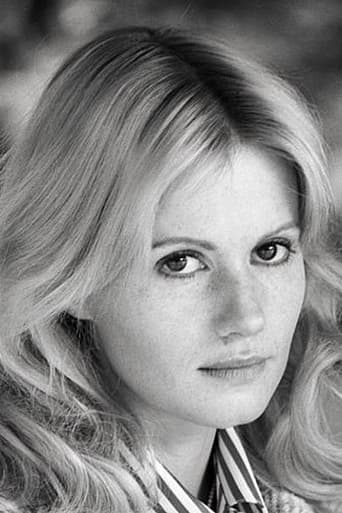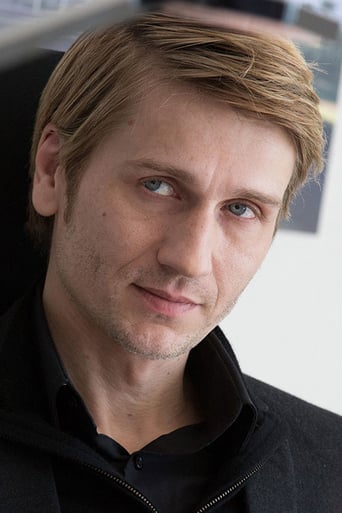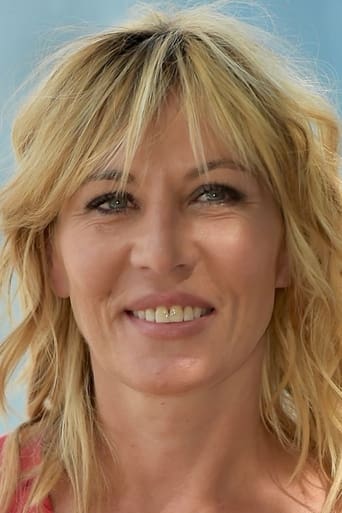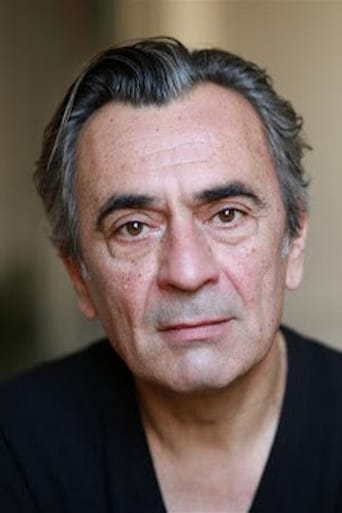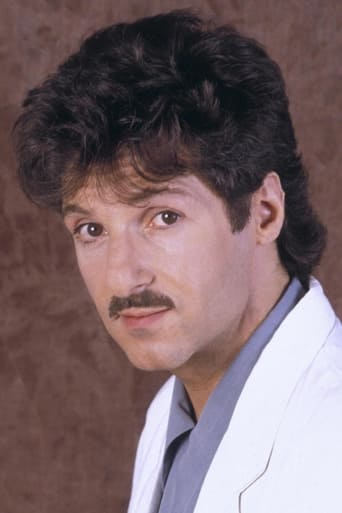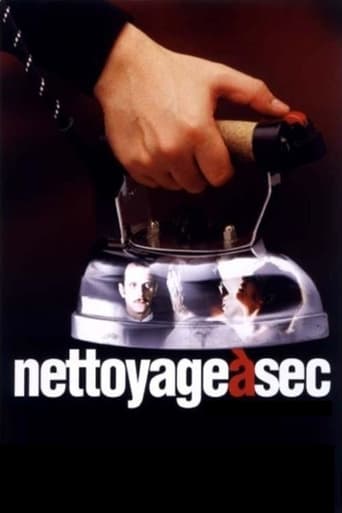
A bored couple takes in a young man who turns their lives inside out.
Similar titles
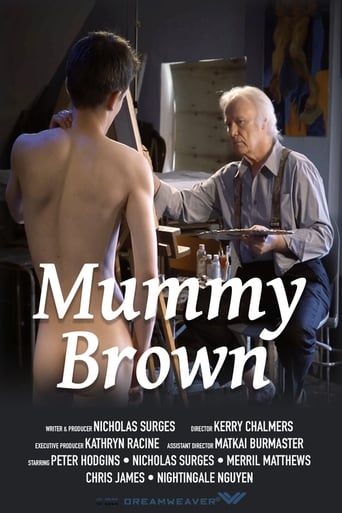
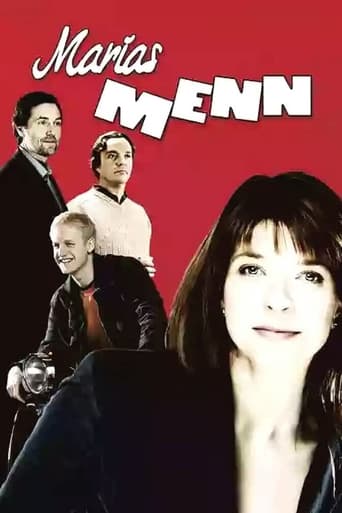
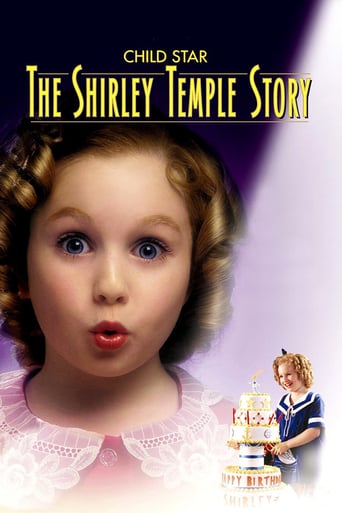
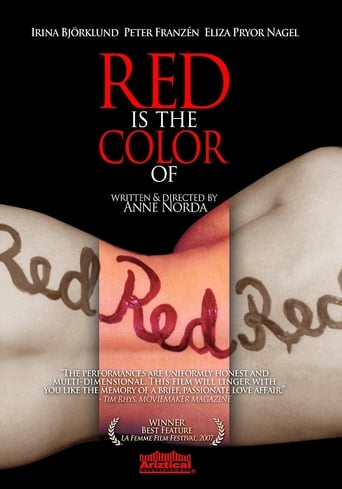
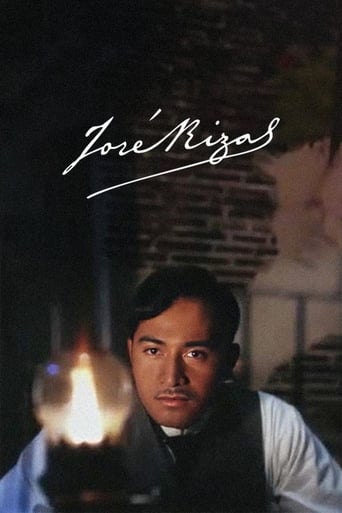
Reviews
You won't be disappointed!
The Worst Film Ever
Don't listen to the negative reviews
Absolutely Brilliant!
Spoilers..."Dry cleaning", that's what the title of this Anne Fontaine's effort means in English and it's a well-appropriated one to qualify the contents of the story she tells the audience. Its bulk essentially occurs in a dry-cleaner whose purpose is to clean the customers' clothes but the director prefers to soil her couple's clear conscience as well as their moral, sexual conventions.Could this film be a crossing between Claude Chabrol's universe and Pier Paolo Pasolini's film "Theorema" (1968)? It's highly possible and they're respectable credentials for this novel, idiosyncratic film. The first one for the provincial backdrop and a dash of gastronomy. The author of "le Boucher" (1970) and "les Noces Rouges" (1973) excelled when it came to depict vignettes of provincial life, in the Kunstler's shop and apartment but also in the town itself. Anne Fontaine just has to describe with just a few features, the gloomy aura which reigns in Belfort. And the second reference for of course the story of the film which bears a strong resemblance with Pasolini's opus: both introduced a young man who subverted a comfortable universe and caused damage in them. "Nettoyage à Sec" could be an updated version of "Theorema".Loïc is the disruptive element in the Kunstler's "petit bourgeois" world. More than this, he's the catalyst of their buried desires and passions. Before making their dreary universe with its constricting etiquette falter in the dry-cleaner's, he will at first indirectly galvanize them to accomplish their desires. The week-end in Bâle, unusual in the couple' life is a proof of it. Before this, one of the key sequences is the one when the four protagonists are together in the hotel room because in this moment, the persona of Jean Marie and especially Nicole is well construed and defined. It's necessary to steer well the evolution and crucial steps of the story. Nicole makes love with Loïc and it's a sign that she's tired of her life and is ready to go in a new direction. Later, Fontaine will intersperse her film with conspicuous signs which don't fool anyone. See the scene in the restaurant: she confesses to her husband that she doesn't feel courageous enough to carry on her nine-to-five life in the dry-cleaner's. She's on the verge of packing in. Jean-Marie's answer is meaningful: "however when we started, you wanted to be the first one to help me to settle here...". So, it seems perfectly logical that later she accepts Loïc's advances. As for Jean-Marie, he appears hesitant and undetermined but maybe would he like (unconsciously or not) change his life in spite of an eloquent sequence: when he takes Loïc downstairs to show him concrete memories of his first years spent in the shop. Memories to which he is deeply attached...Loïc's demeanor is rather elusive and it's hard to decipher his mainspring. Is it because he lost his closest human being in the world (Marilyn) that he settles to Nicole and Jean-Marie? Is he sick of his nomad life despite what he says to the couple? By enticing the couple, does he try to fulfill an affective gap in his life? It was shrewd from Fontaine to make opaque his motivations. Thus, he keeps all his mystery. It was also clever from the director to have chosen evocative colors for her film and she's got a sense of light. The white of the dry-cleaner's sharply contrasts with the half-murky, dimly light rooms in the apartment, especially when Loïc is in these rooms. This to underscore that the life of the couple with Loïc's intrusion goes bit by bit unravel. She also has the gift to build her film on a relentless crescendo and to shroud it with an increasingly latent, ominous tension. A tension caused by several factors: disquieting moments or lines pronounced by Loïc, by the contrast between the appearance the couple gives to the customers and employees and what lies beneath this when they are in the apartment with Loïc, especially when the latter finds himself with Nicole. And it won't take long for Jean Marie to discover their love affair. But also with Jean-Marie's tantrums he has to try to resist to the strange attraction he feels for Loïc. His short wild mood swings are the result of a sexual repression he vainly wants to conceal. Loïc will feel it very well in the inevitable sequence in which he will try to sodomize him (a violent one which packs a real wallop). After this scene, one could argue that the couple came back to where they started but in worse: Nicole and Jean-Marie are destroyed.The acting is uniformly good and largely lives up to the demands of the scenario. The type of character of each actor of the quartet complements one another. Although the film really put Mathilde Seigner on the map, it's her coy, brazen partner Stanislas Mehrer who gets the lion's share. I don't put Charles Berling and Miou-Miou in my straitjacket of favorite French actors but here, I was very taken with their acting."Nettoyage à Sec" has a taut, well-constructed scenario in which every step of the story rings true. It's an unsettling piece of work which leaves indelible stains. It may also walk a fine line with works like "Harry: Un Ami Qui Vous Veut Du Bien" (2000) by Dominik Moll which could be his little brother. I would like to discover Anne Fontaine's anterior and subsequent works to her 1997 film.
In a small town in France, Nicole Kunstler (Miou-Miou) and her husband Jean-Marie Kunstler is a traditional French middle-class couple, bored with their years of marriage and running a small business of cleaning and ironing clothes with some financial difficulties. When they meet the bisexual Loic (Stanislas Merhar) working as drag in a night-club with his sister Marylin (Mathilde Seigner), the sexually dissatisfied Nicole feels a great sexual attraction for him. The couple brings the young man to live and work with them, in a weird relationship, and Nicole has an affair with Loic and becomes a happy person. This intriguing triangle of love has a tragic end. "Nettoyage à Sec" is almost an excellent romance. The screenplay begins very daring, but the solution for the love situation is very moralist and resolved in a tragic, but easy way. The cast has a great performance and the direction is very good, but the story deserved a better conclusion. My vote is seven.Title (Brazil): "Lavagem a Seco" ("Dry Cleaning")
From all the French movies I've seen, this one is quite different. When I say different, I mean that this movie has faster pace compared to other French movie that are usually slow-moving.The events folded seamlessly and the acting of the three main actors were great, with one flaw. Stanislas Merhar was supposed to look normal, not effeminate, according to the script, and according to Miou-Miou's character. However, he still looked very effeminate. I don't know if that was the real him or that was what the director wanted him to be.On the contrary, the ending was not that good. I think it was because the writer wanted to end the story, but didn't know how to end it logically. Anyway, this movie is worth seeing.
Saw a humongously uninspired French movie, Dry Cleaning (Nettoyage a Sec), that the advertisers swear won Cesar awards all over the place, but is just a hodgepodge of every foreign movie cliche that might strike an upscale audience as profound: a sexually ambiguous stranger insinuates himself into the lives of a married couple, engaging them in sexual games that bring them to the brink of self-destruction. She's desolate without the young man; the husband wrestles with his denial that he's also turned on by the stranger. Of course this is "art theatre," so we are to suppose that every straight man is really a gay man who hasn't found out yet. On the other hand the homosexual aspect of the story becomes the vehicle that carries the husband into his own corner of hell, an idea that seemed arty thirty-odd years ago (The Sergeant; The Children's Hour) but now is just insulting to gays. And of course the story is dotted with major and minor sexual interludes and taunts, but relationships are left to angry, dissatisfying silences between not-particularly-interesting characters. Story elements are offered that suggest the plot could go somewhere else but instead lead nowhere (the young man's sister leaves and conceivably might return looking for him; the young man has genuine talent as a dry-cleaner and might make a life for himself beyond his "drifter" existence; the married couple thinks about moving to Canada). I think the filmmaker has a long way to go in justifying why he wanted to make this movie -- what he thought would make this film extraordinary compared to some other story about dissolving marriage or sexual curiosity. Imagine La Strada if Anthony Quinn just sat around and brooded. If Thomas Mann had written Dry Cleaning it would be called Death in Suburbia: except that, speaking strictly for myself, I think it's the audience that dies.
Top Streaming Movies











